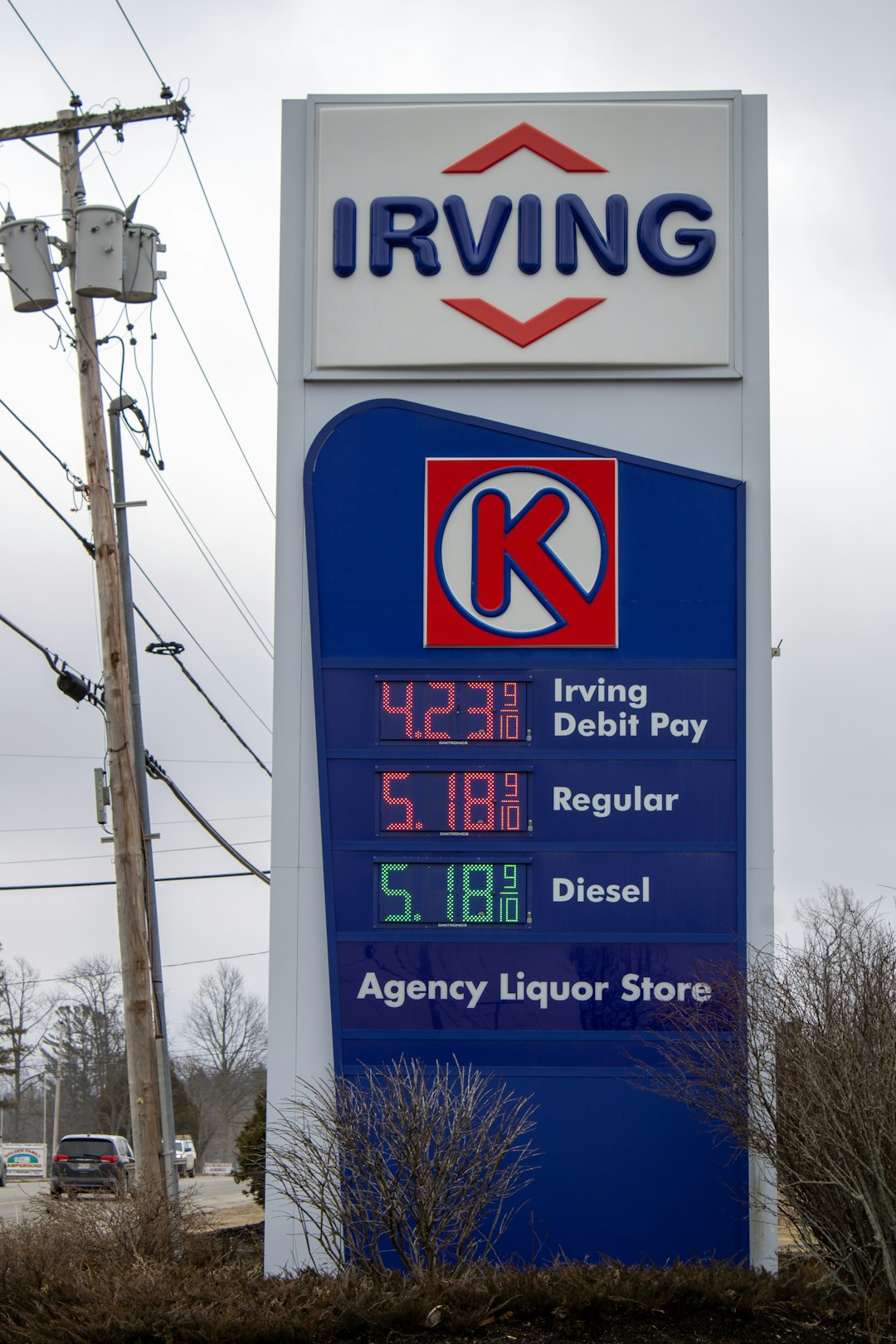Electric Cars vs Gas: 2023 Ownership Costs Post-Tesla & BYD Launches
In 2023, the automotive landscape is rapidly evolving, with electric vehicles (EVs) gaining significant traction over their gas-powered counterparts. According to BloombergNEF, global EV sales are projected to surpass 14 million units by the end of the year, a testament to their growing popularity. This surge is partly driven by major launches from giants like Tesla and BYD, which have set new benchmarks in the electric vehicle market. But with these advancements, how do the ownership costs of electric cars compare to traditional gas vehicles? This article will delve into the cost dynamics of owning an electric car vs. a gas car, providing you with insights into the financial implications of your next vehicle purchase.
Understanding the Cost Dynamics: Electric Cars vs. Gas Cars
Purchase Price and Incentives
When comparing electric cars to gas vehicles, the initial purchase price often surfaces as a primary concern. Historically, EVs have been pricier upfront. However, the landscape is shifting. Tesla’s recent launch of the Model 3 Highland and BYD’s Seal model have introduced competitive pricing strategies, making EVs more accessible. For instance, Tesla’s Model 3 starts at approximately $40,000, while BYD’s Seal is priced around $35,000, reflecting a narrowing price gap.
Incentives and Tax Credits:
– Federal and state incentives can significantly reduce the cost of an EV. In the U.S., the federal tax credit offers up to $7,500 for eligible EVs.
– Countries like Norway, with aggressive EV policies, provide substantial tax breaks and benefits such as exemptions from tolls and reduced parking fees.
Fuel Costs and Efficiency
One of the most compelling reasons to switch to an electric car is the potential savings on fuel. According to the International Energy Agency (IEA), EV owners can save up to 70% on fuel costs compared to gas vehicle owners.
Key Points:
– Electricity vs. Gasoline: Charging an EV typically costs less than refueling a gas car. The average cost per mile for an electric car is around $0.03, compared to $0.10 for gasoline-powered vehicles.
– Home Charging: Installing a home charging station can further reduce costs, especially with off-peak rates.
Maintenance and Longevity
Electric vehicles have fewer moving parts than gas cars, translating to lower maintenance costs. EVs do not require oil changes, and their brake systems often last longer due to regenerative braking technology.
Maintenance Savings:
– Routine Maintenance: EVs have no need for engine tune-ups, oil changes, or exhaust system repairs.
– Battery Longevity: With advancements in battery technology, many EVs now come with warranties of up to 8 years or 100,000 miles, ensuring longevity and reliability.
Depreciation and Resale Value
Depreciation is a critical factor in the total cost of ownership. While electric cars have historically depreciated faster than gas cars, this trend is changing. Tesla and BYD’s strong brand recognition and technological innovations have improved the resale value of their vehicles.
Resale Insights:
– Market Demand: As demand for EVs increases, so does their resale value. Tesla’s Model S, for example, retains a significant portion of its value after three years.
– Brand Impact: Established brands like BYD, known for their battery technology, are witnessing improved depreciation rates.
Practical Tips for Potential EV Owners
Best EVs of the Year
Considering purchasing an EV? Here are some of the top picks for 2023:
1. Tesla Model 3 Highland: Known for its range of up to 358 miles and innovative features.
2. BYD Seal: Offers an impressive range of 330 miles and a competitive price point.
3. Hyundai Ioniq 5: Praised for its futuristic design and efficient charging capabilities.
How to Choose Your First Electric Car
Selecting the right EV involves considering several factors:
– Range Requirements: Assess your daily driving needs and choose a model that offers sufficient range.
– Charging Infrastructure: Ensure access to charging stations, both at home and on the go.
– Budget and Incentives: Factor in available incentives to determine your budget.
Charging Guide for Beginners
Navigating EV charging can be daunting for newcomers. Here’s a quick guide:
– Home Charging: Invest in a Level 2 charger for faster home charging.
– Public Charging Networks: Familiarize yourself with networks like ChargePoint and EVgo for long trips.
– Charging Times: Understand that charging speed varies based on the charger type and vehicle model.
Conclusion: The Road Ahead for Electric Vehicles
The cost comparison between electric cars and gas vehicles is no longer as clear-cut as it once was. With the 2023 launches from Tesla and BYD, the scales are tipping in favor of EVs, thanks to competitive pricing, reduced operational costs, and growing infrastructure. As the industry continues to innovate, the gap between electric and gas ownership costs is expected to narrow further, making EVs a more attractive option for a broader audience. If you’re considering making the switch, now might be the perfect time to embrace the electric revolution. What are your thoughts on the future of EVs, and how do you see them transforming our roads in the coming years?

